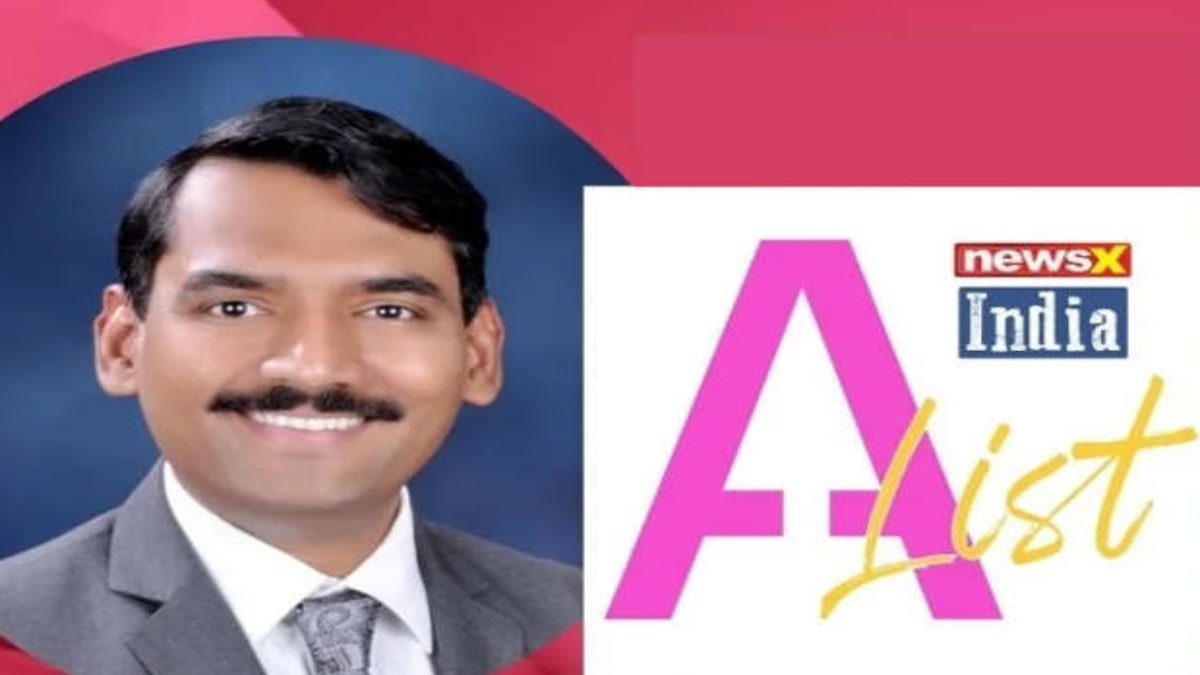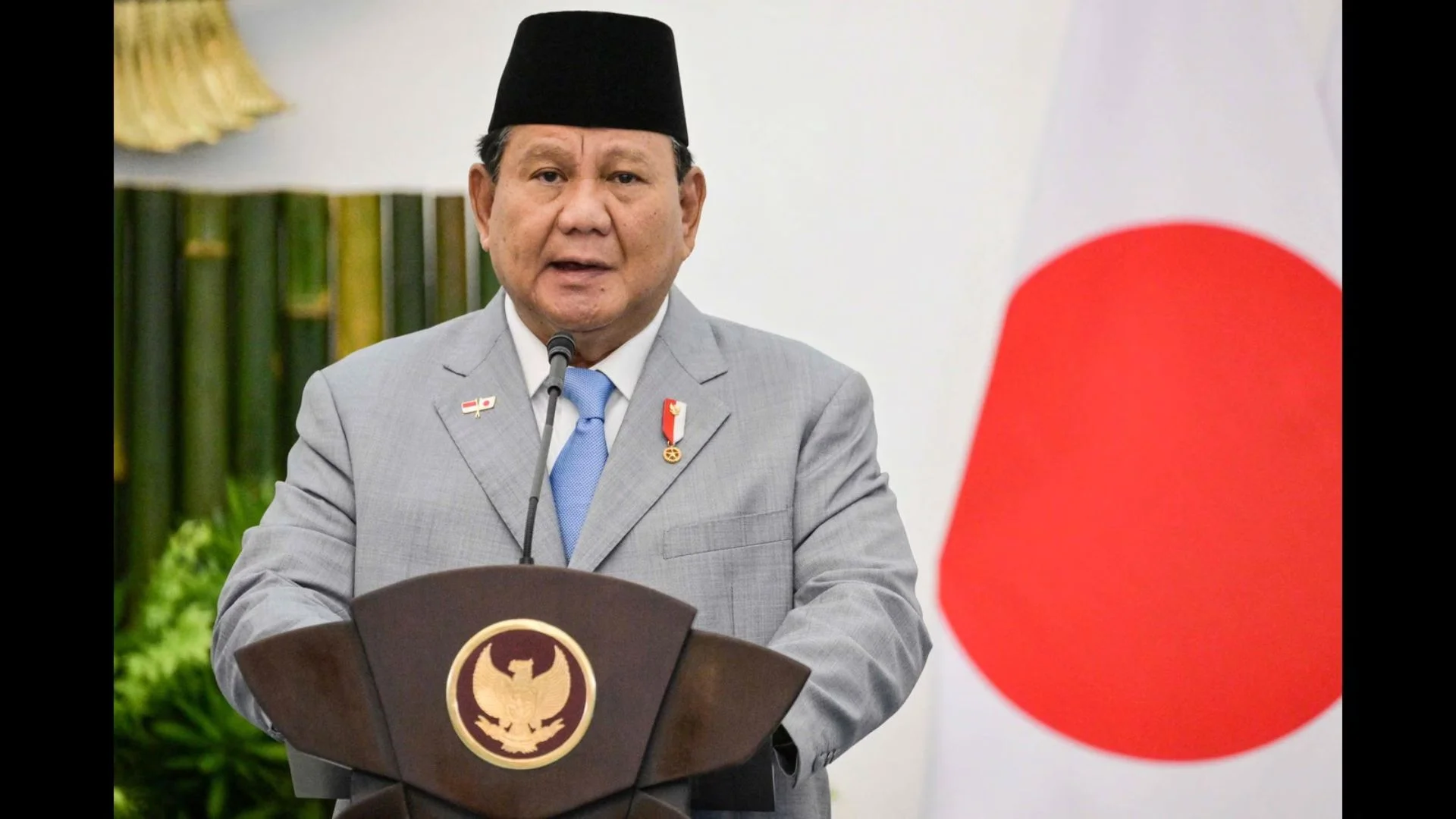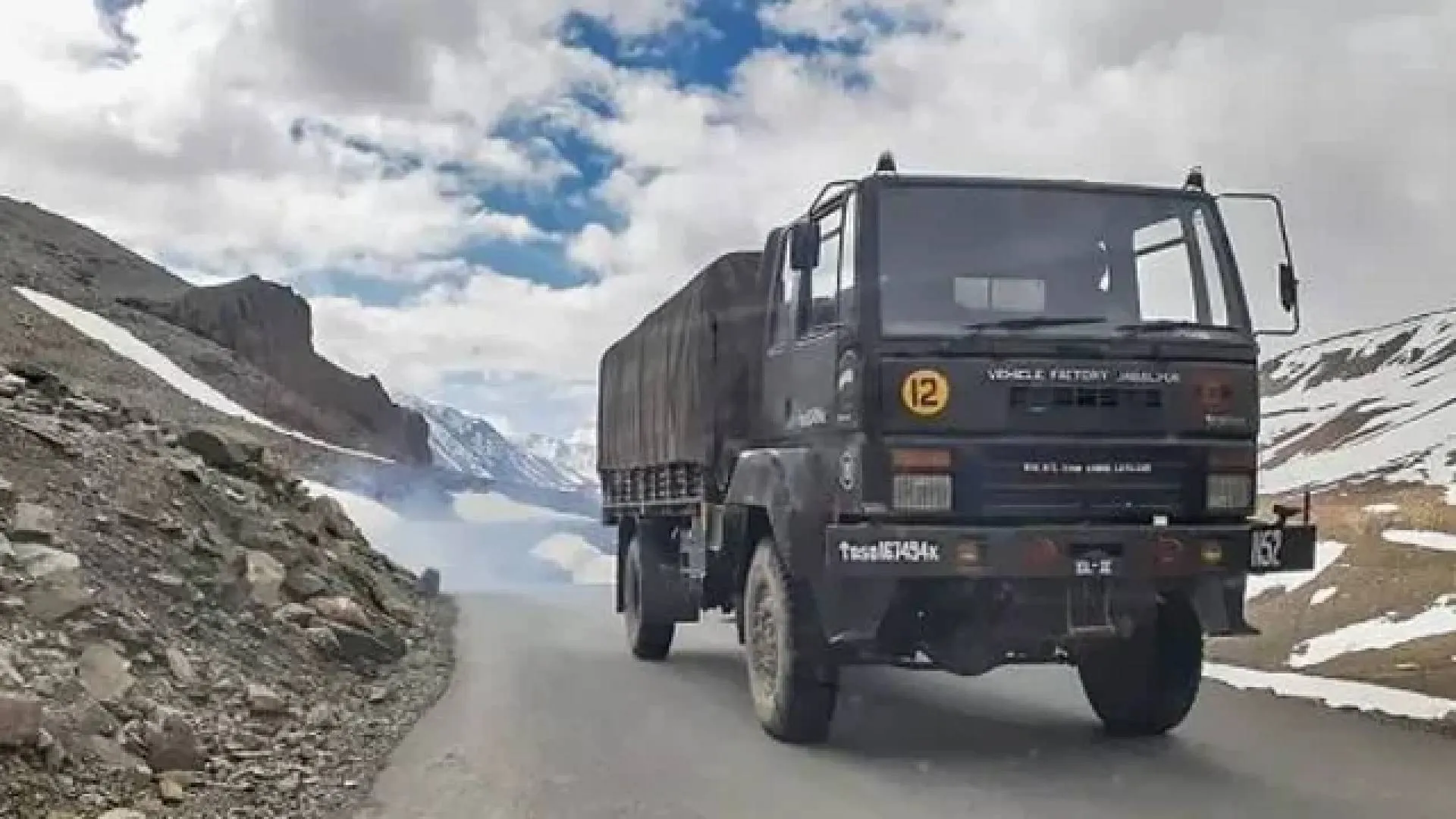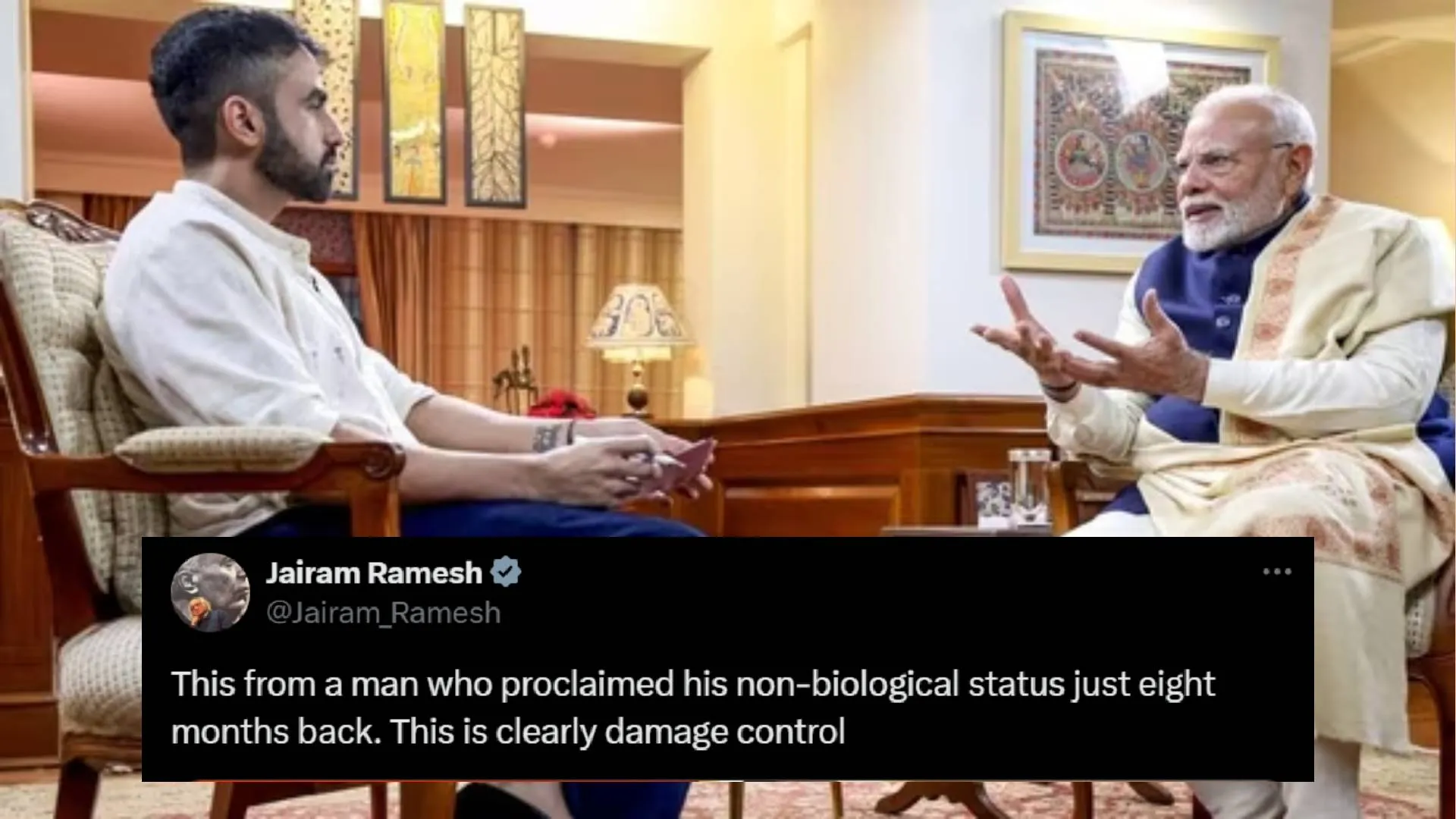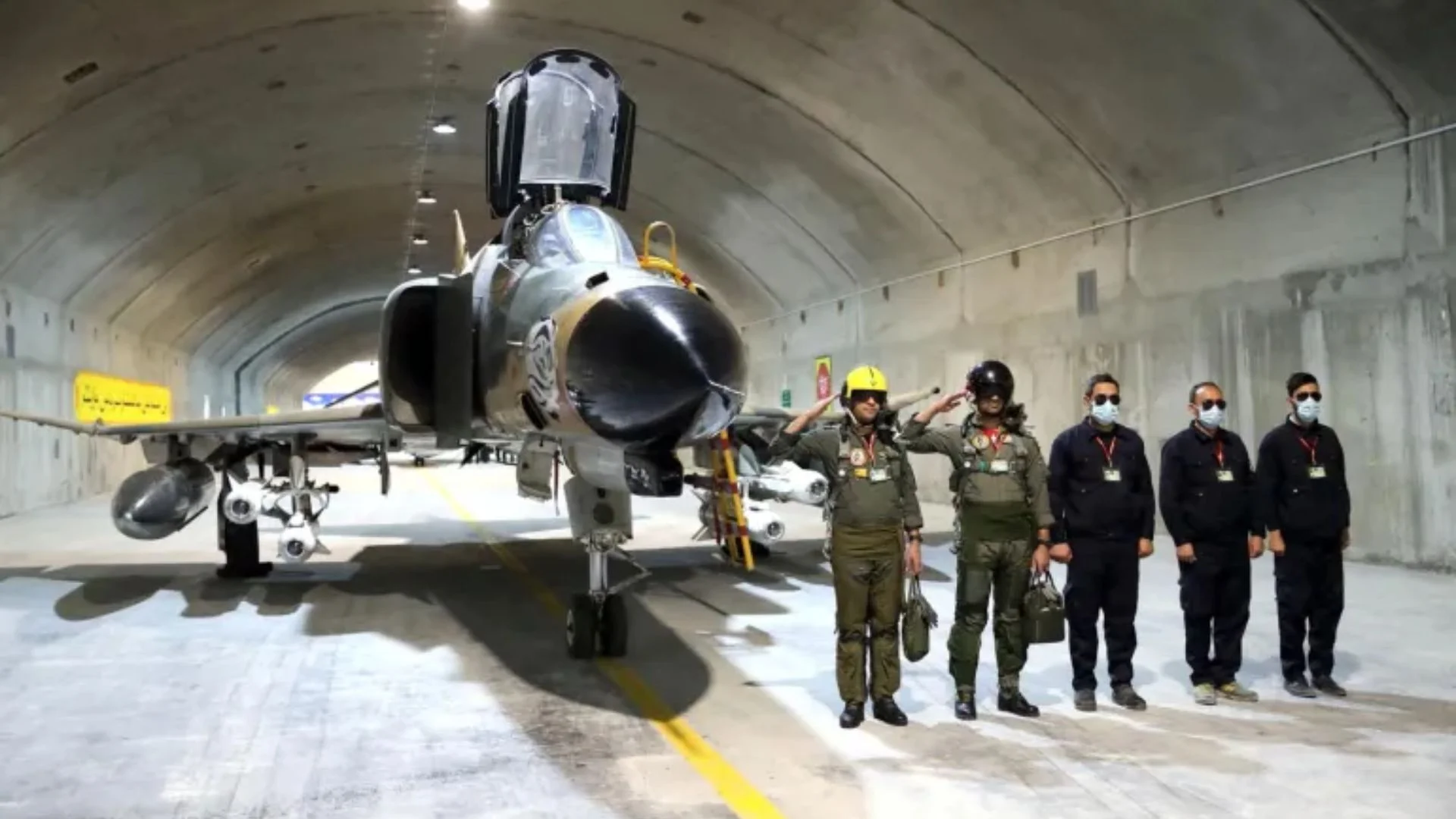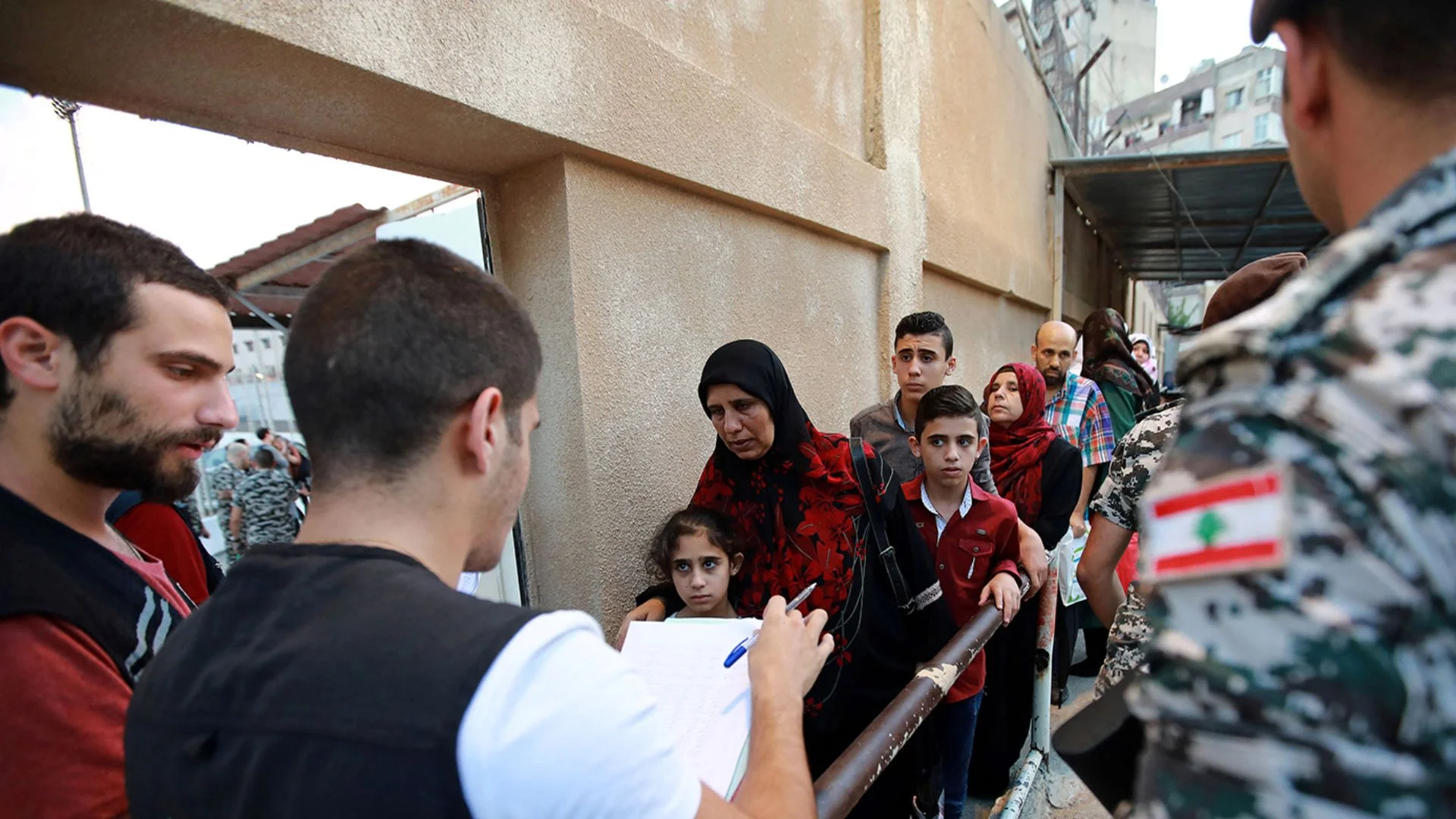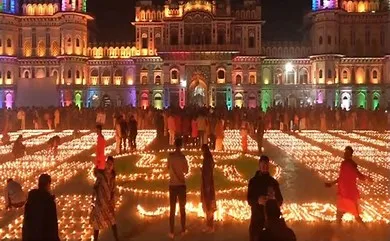R.V. Raghu is spokesperson of ISACA, a global IT professional association and learning organisation. Raghu has over a decade of hands-on global expertise in engineering, manufacturing, information technology, chemicals, mining, and telecommunications. He recently joined NewsX for an exclusive interview as part of the NewsX India A-List and discussed ISACA and its importance in India.
“One of the most fascinating aspects of today’s world is the rise of technology. Technology has been similar to energy or water in that we use it without considering what is behind it. This is where an organisation like ISACA and what ISACA does in the Indian context is very important. We are very good at implementing innovations but only later do we find out about cyber protection problems or any other obstacles that are behind the technology. It is here ISACA provides experts with the resources they need to ensure that technology risks are identified at an early stage and handled effectively,” he said.
In terms of ISACA certifications, Raghu elaborated, “We provide four kinds of certifications in India—CISA, Certified Information System Auditor, which is the oldest certification that we offer. It is really popular because it helps you inspect technologies and anything related to them. The other qualification is the CISM, which stands for Certified Information System Manager. CRISC and CGEIT are two new ISACA certifications that have piqued my interest. One of them is the Information Technology-certified associate, which is something that works for anybody who is new in the business and is trying to prove that they have the understanding of the fundamentals.”
He explained ISACA’s background, saying, “ISACA is a multinational, not-for-profit organisation. The firm has been in operation for 50 years. It all began with a group of experts in the United States deciding that we needed to work together to provide a better mechanism for auditing, and the great thing about ISACA is that it is entirely motivated by desire. ISACA has approximately 220 chapters in 188 countries and 150,000 members. We’ve been in India since 1968, with the first chapter set in Chennai. Today we have chapters in almost every corner of the country. As a result, once an individual becomes member, he or she has access to all of the services that ISACA provides at both the national and local levels.”
“One of the things that ISACA has recognised is innovative learning methodologies,” he said when asked about the organisation’s current offerings. “Traditional pedagogical approaches are no longer effective. Not only have methodologies evolved as a result of the pandemic, but also as a result of the Internet. We have the ITCA (Information Technology Certified Associate) certification. It aids in the comprehension of foundational concepts in fields such as networking, basic cybersecurity, software development fundamentals and data science. CET (Certification of Emerging Technologies) is another certificate we have. It allows professionals to keep up with the latest developments in technology.”
He clarified the philanthropic aspect of the organisation by saying, “ISACA recognises that, while we are a volunteer-driven organisation, there are segments of society that are under-represented that need access to all of these resources. The word “opportunity” has always stood out for ISACA. We’re attempting to address three issues: young adults, the shield stick, and inclusivity. If someone wants to become a member then they have to go to isaca.org to get access to all member-related information, or they can contact one of the several chapters in India or around the world.”

